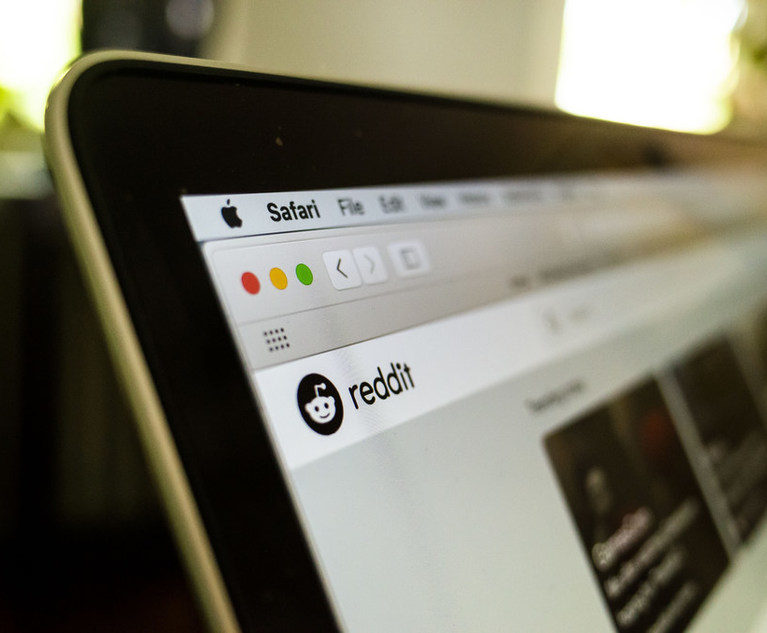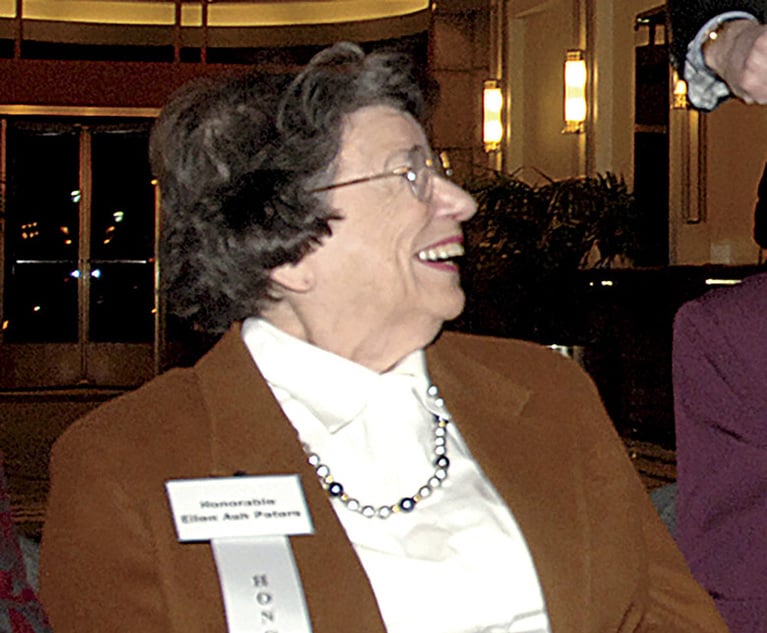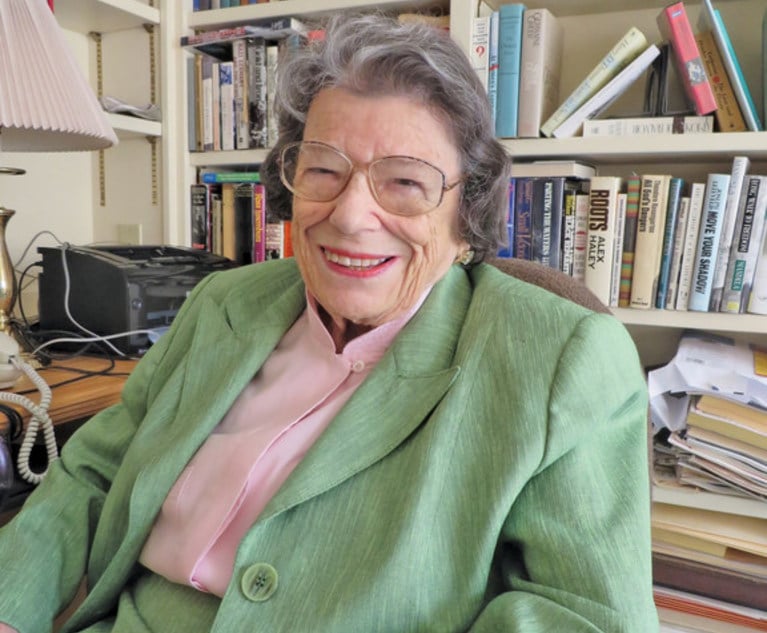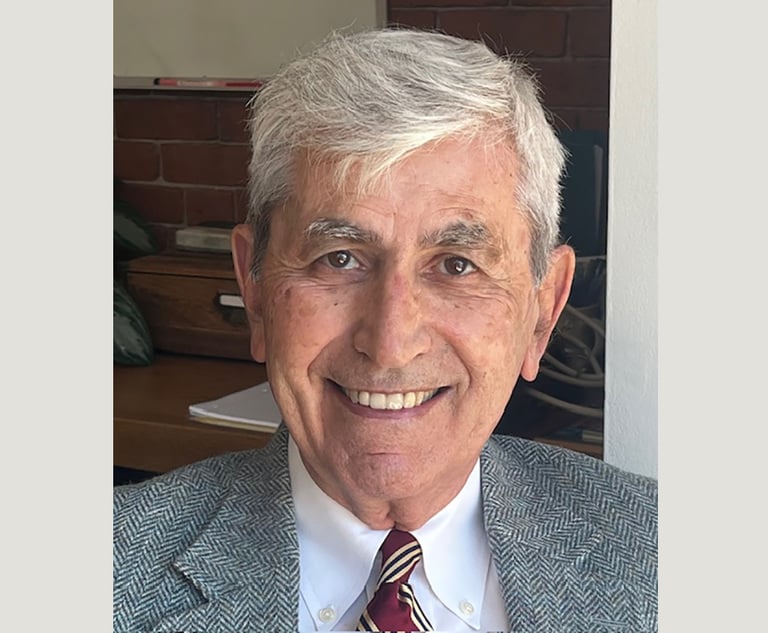Section 230 of the 1996 Communications Decency Act states that “no provider or user of an interactive computer service shall be treated as the publisher or speaker of any information provided by another information content provider.” The provision essentially shields companies from being sued by anyone who feels wronged by something someone else has posted. Section 230 also allows social platforms to moderate their services by removing posts that, for instance, are obscene or violate the services’ own standards, so long as they are acting in “good faith.”
The measure’s history dates back to the 1950s, when bookstore owners were being held liable for selling books containing “obscenity” One case eventually made it to the Supreme Court, which held that it created a “chilling effect” to hold someone liable for someone else’s content. Smith v. People of the State of California (Los Angeles ordinance, dispensing with element of “scienter”—knowledge by bookseller of contents of book—and imposing a strict criminal liability on bookseller possessing obscene material, had such tendency to inhibit constitutionally protected expression that it could not stand.)
 Joette Katz, a partner with Shipman & Goodwin. (Courtesy photo)
Joette Katz, a partner with Shipman & Goodwin. (Courtesy photo)


 Reddit website displayed on laptop computer on August 28, 2020.
Reddit website displayed on laptop computer on August 28, 2020.




